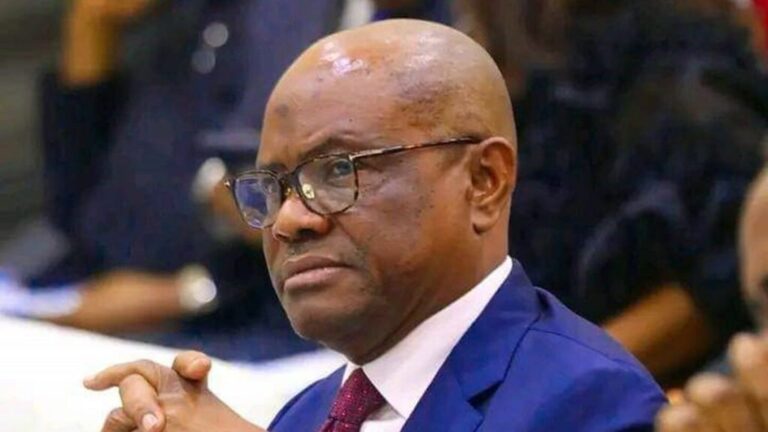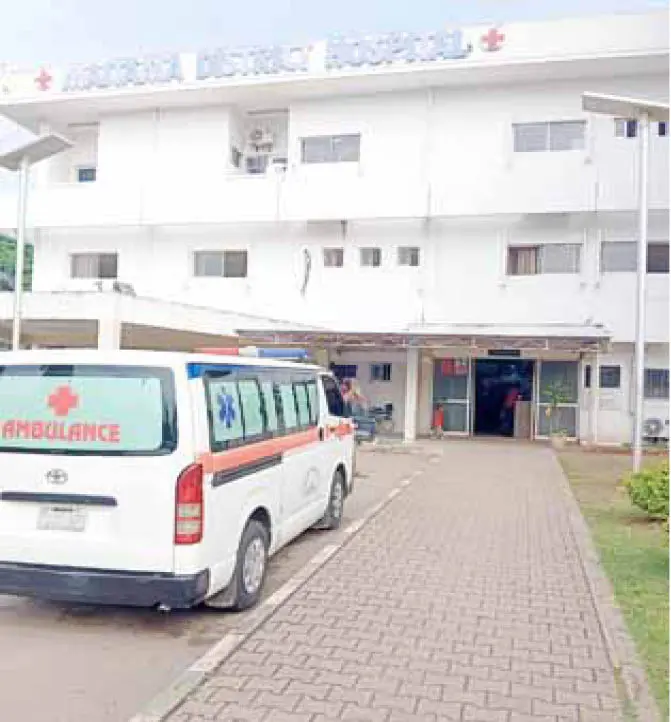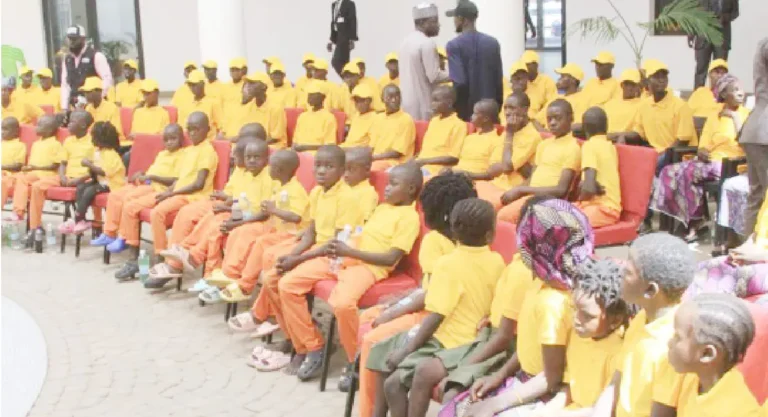
The Minister of Health and Social Welfare, Professor Ali Pate, announced that the federal government’s negotiation team will meet with the leadership of the striking nurses today. This meeting is part of efforts to end the ongoing industrial action by health workers, which entered its second day yesterday.
On Wednesday, nurses, under the umbrella of the National Association of Nigeria Nurses and Midwives (NANNM), began a seven-day nationwide warning strike. The strike, according to NANNM’s leadership, addresses issues including poor remuneration, staff shortages, unpaid allowances, and unsafe working conditions.
This strike comes amid an existing face-off between doctors and the government over welfare and other issues, as reported by Daily Trust. The nurses’ strike, which followed the expiration of a 15-day ultimatum issued by NANNM to the federal government, has disrupted healthcare services across Nigeria.
At the University of Abuja Teaching Hospital (UATH) in Gwagwalada, doctors were reportedly overwhelmed by the influx of patients. Due to the absence of nurses, doctors were left to perform tasks typically handled by nursing staff. “It has been like this since Wednesday. Just think of the tasks handled by nurses. They are now being done by the doctors available,” a security operative told our correspondent via telephone.
The situation was similar at the General Hospital Kubwa, with most financially capable patients seeking care at nearby private hospitals.
In Kano State, the nurses’ strike affected major hospitals such as Abdullahi Wase Specialist Hospital, Murtala Muhammed Specialist Hospital, Aminu Kano Teaching Hospital (AKTH), and Isyaka Rabi’u Pediatric Hospital. Doctors were observed assisting patients, especially those in serious need of attention.
Most major federal medical institutions in Kaduna State are providing skeletal services. At Shika Teaching Hospital, Zaria, it was gathered that management staff from Level 12 and above are providing services, while nurses have stayed away. Most wards within the hospital are deserted, with some patients moving to private hospitals to continue treatment.
Kaduna State NANNM Chairman, Ishiaku Yakubu, stated that the strike is currently 100% effective in federal health institutions within Kaduna State, but state-owned facilities have not yet joined. He confirmed that only federal facilities in Kaduna State, including the Federal Neuro-Psychiatric Hospital, the National Eye Centre, the National Ear Care Centre, and the National Tuberculosis and Leprosy Training Centre, are fully involved in the industrial action.
“We are carrying out the strike in phases. We decided that the federal health institutions should commence first. In due course, other sectors, including state facilities, will join if necessary,” he said. He added, “The message to the government is clear: implement our demands. Kaduna State also has its peculiar challenges, and the state government is well aware of our demands. If they fail to address them, we will have no choice but to join the strike fully.”
In Benue State, the strike has continued to paralyse activities at government-owned hospitals, with patients bearing the brunt. State Chairman of NANNM, Nurse Tahav Karshio, told journalists in Makurdi that members of the association fully complied with their apex body’s directive as the seven-day warning strike entered its second day. Karshio noted that apart from Benue State University Teaching Hospital (BSUTH), where unconfirmed nurses employed by the state are drafted to work, other staff at the facility have withdrawn their services, mirroring their counterparts at the Federal Medical Centre in Makurdi.
“Tomorrow (today), we are having further discussions with the leadership of those unions, in the spirit of Mr. President’s encouragement for us to ensure lasting peace, to resolve those issues to the extent possible, and we will continue in that direction. We call on all health workers to put Nigerians at the centre of their attention.
“There are issues that we can resolve through negotiation, and we are intent, in good faith, to continue to find ways to resolve those outstanding issues with them over time, because at the end of the day, the health workers are the lifeblood of the healthcare system, and the infrastructural equipment that we are providing have to be complemented by the health workers’ welfare, and government is committed to finding ways to address those to the extent that we can within the resources available to us, and the President encouraged us to continue in that direction.”
When contacted, the President of the NANNM, Federal Health Institutions Sector, Morakinyo Rilwan, also said negotiation would continue today (Friday) between the association and the Ministry of Health & Social Welfare. “Negotiation continues tomorrow between the association and the Ministry of Health, but I don’t see any positive outcome. We will see the seven-day warning strike to the end,” he said.
DAILY TRUST.




